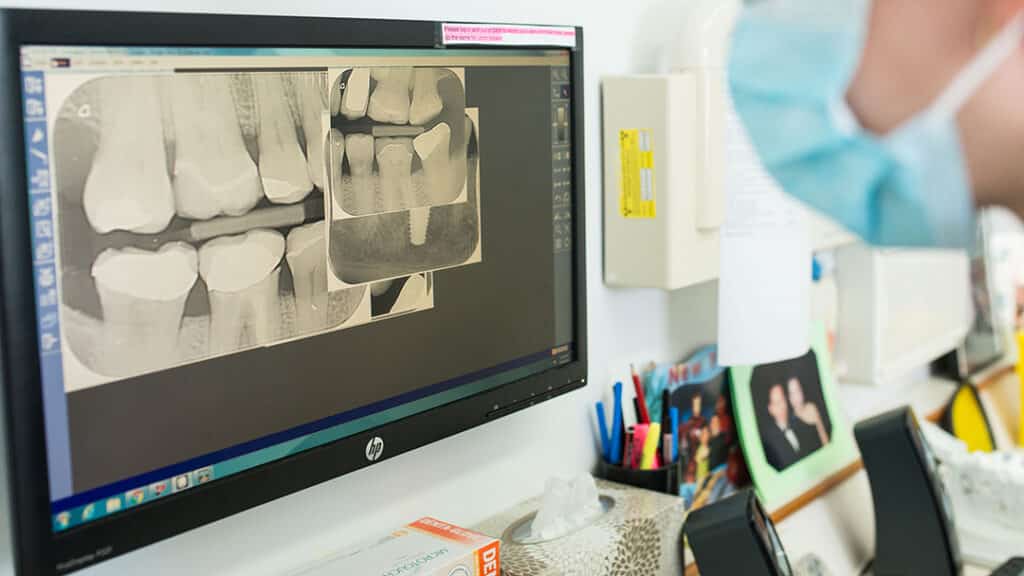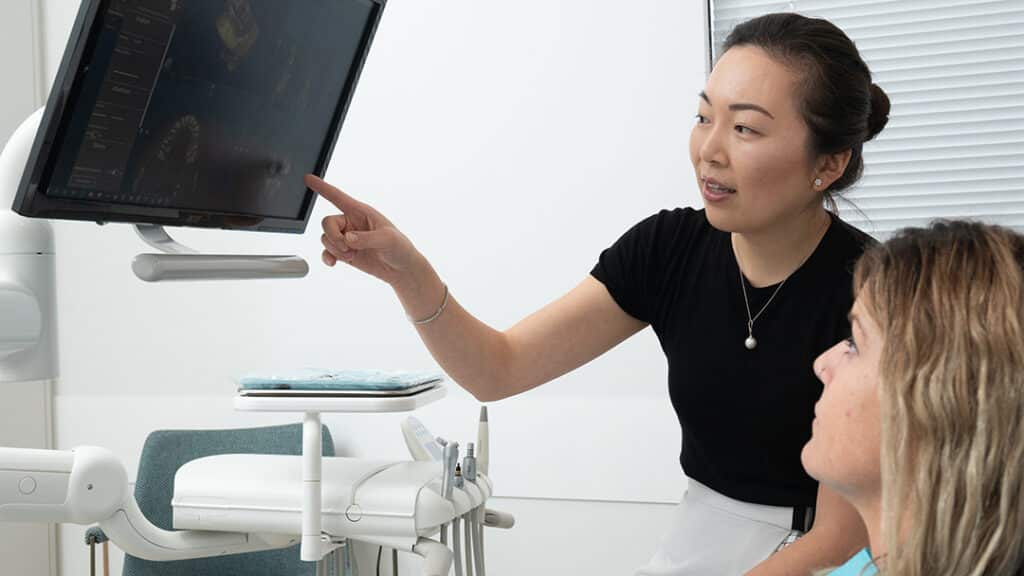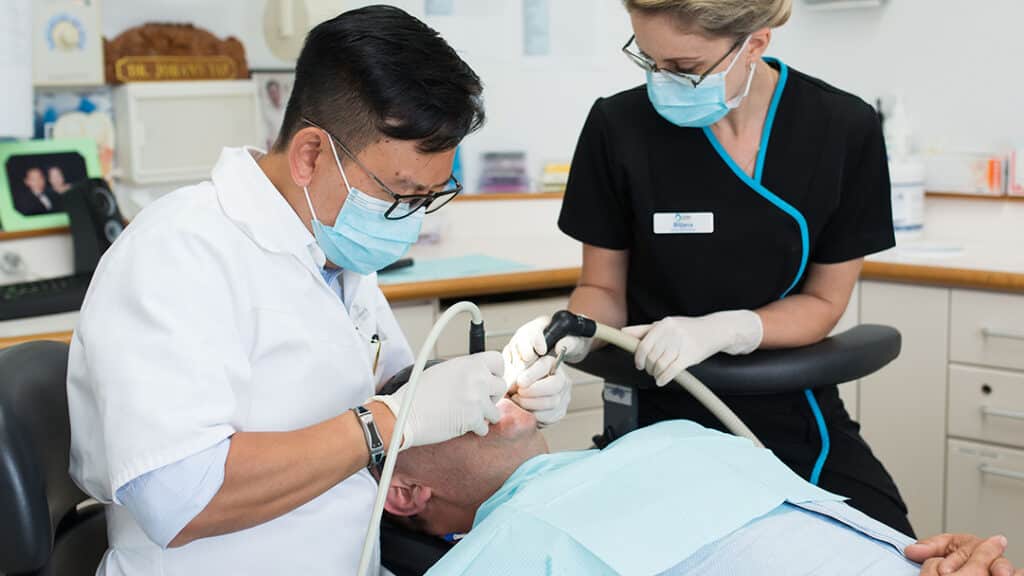
Unlocking the Secrets to Long-Lasting Dental Implants: Essential Tips for Optimal Implant Care
How To Take Care Of Your Dental Implants
Are you tired of dealing with the hassle of loose or failing dental implants? Look no further! In this blog post we will reveal the secrets to long-lasting dental implants and provide you with essential tips for optimal implant care.
Discover how regular oral hygiene, maintaining a healthy diet, and avoiding bad dental health habits can help you improve your implant health.
The Importance of Regular Oral Hygiene
By prioritizing regular oral hygiene habits, you can ensure the longevity of your dental implants. Just like caring for your natural teeth, maintaining proper oral health is crucial for the success of your implants.
Brushing your teeth twice a day, flossing daily, and using mouthwash can help prevent plaque buildup and gum disease, which could potentially affect the stability of your implants.
It’s also important to schedule regular dental care appointments to ensure everything is in good shape. During these consultations, your dentist will examine your implant, crown, and surrounding tissues to make sure there are no signs of infection or complications.
Understanding the Healing Process
During the healing process, it’s important to follow your dentist’s instructions and maintain good oral hygiene to ensure optimal recovery and long-lasting dental implants.
After the dental implant surgery, your mouth will need time to heal. The artificial tooth root will gradually fuse with your jawbone, providing a strong foundation for your new tooth. It’s crucial to take care of your teeth during this time to prevent any complications and to ensure your bone tissue has time to recover from the surgical procedure.
Good oral hygiene practices, such as brushing and flossing regularly, will help prevent tooth decay and maintain the health of your remaining teeth. You can even use over the counter oral hygiene equipment like a water flosser or dental floss to give your teeth and implants additional protection against bacteria. If your dentist has recommended a bone graft, it’s essential to follow their instructions to promote the bone healing process, prevent bone loss, and promote bone density.
The healing process may vary depending on your bone quality and jawbone density, so it’s crucial to make regular follow-up appointments with your dentist to monitor your progress. Remember, taking care of your dental implants during the healing process will contribute to their long-term success.
Maintaining a Healthy Diet for Implant Success
Immediately after your dental surgery, your dentist may suggest a diet that includes soft foods like smoothies, applesauce, and soups for a predetermined amount of time to help avoid discomfort. After the pain from your oral surgery subsides, avoiding sugary and acidic foods can help ensure the success of your dental implants. Eating healthy is crucial for maintaining long-lasting dental implants and avoiding additional surgeries. Here are some tips to help you maintain a healthy diet for implant success:
– Eat a variety of fruits and vegetables: They provide essential vitamins and minerals that promote oral health and keep your jawbone healthy.
– Include lean proteins: Foods like fish, chicken, and tofu are excellent sources of protein that contribute to the growth and repair of tissues, including the gums and jawbone.
– Limit sugary and acidic foods: These can increase the risk of dental decay and gum disease, which can compromise the success of your implants. Additionally, sticky foods may also harm your implants over time.
Regular Dental Check-ups and Cleanings
To ensure the longevity of your dental implants, it’s important to schedule regular dental implant care and cleanings with your dentist. These routine visits are crucial for maintaining the health of your implants and preventing any potential complications. Here are a few reasons why regular dental check-ups and cleanings are essential for optimal implant care:
– Early detection of issues: Regular check-ups after dental implants allow your dentist to identify any potential problems early on, such as jawbone deterioration or damage to the tooth implant itself. This early detection can prevent dental implant failures and help ensure the long-term success of your dental implants.
– Thorough cleaning: Professional cleanings remove plaque and tartar buildup around the implant, which is essential for maintaining healthy gums and preventing infection. Dental cleanings also help to preserve the integrity of the jawbone material surrounding the implant.
– Extra cleaning tips: During your check-ups and regular cleanings, your dentist can provide you with personalized advice on how to care for your implants at home, including proper brushing and flossing techniques, and the use of specialized tools for extra cleaning.
Long-term Care and Maintenance Tips for Dental Implants
To ensure the longevity of your dental implants, it’s important to follow these long-term care and maintenance tips for optimal implant health.
Dental implants are a long-lasting solution for missing teeth, and proper care is essential to maintain their effectiveness.
After the dental implant procedure, your dentist will provide you with specific instructions on how to care for your implants. It’s crucial to follow these instructions diligently to ensure the success of your dental implants.
The implant process involves several stages including the placement of the implant and the attachment of the crown. Throughout the entire process, it’s important to maintain good oral hygiene by brushing and flossing regularly.
Additionally, make sure to visit your dentist for regular check-ups and cleanings to detect any potential issues early on. Dental implants are an extremely low-risk procedure, but it’s important to be aware of additional procedures that may be needed in the future.
Frequently Asked Questions
Are Dental Implants Covered by Dental Insurance?
Dental implants may be covered by dental insurance, but the amount of coverage may vary. It is important to contact your insurance provider to understand the specific details of your plan.
Is There an Age Limit for Getting Dental Implants?
There isn’t an age limit for getting dental implants. They can be a great option for anyone who has lost a tooth and wants to restore their smile and improve their oral health.
What Are the Potential Risks and Complications Associated With Dental Implants?
Potential risks and complications of dental implants include infection, nerve damage, and implant failure. It’s important to follow proper care guidelines and maintain regular check-ups to minimize these risks and ensure long-lasting success.
How Long Do Dental Implants Typically Last Before They Need to Be Replaced?
With proper care, your dental implants can last for decades. Regular check-ups and good oral hygiene are key to ensuring the longevity of your implants.
Conclusion
By following these essential tips for optimal implant care, you can ensure a bright and healthy smile for years to come.
Remember, regular oral hygiene, choosing the right specialist, understanding the healing process, maintaining a healthy diet, and avoiding harmful habits are all vital steps towards implant success.
Don’t forget to schedule regular check-ups and cleanings to keep your implants in pristine condition. Embrace these tips, and let your beautiful new smile shine through!


